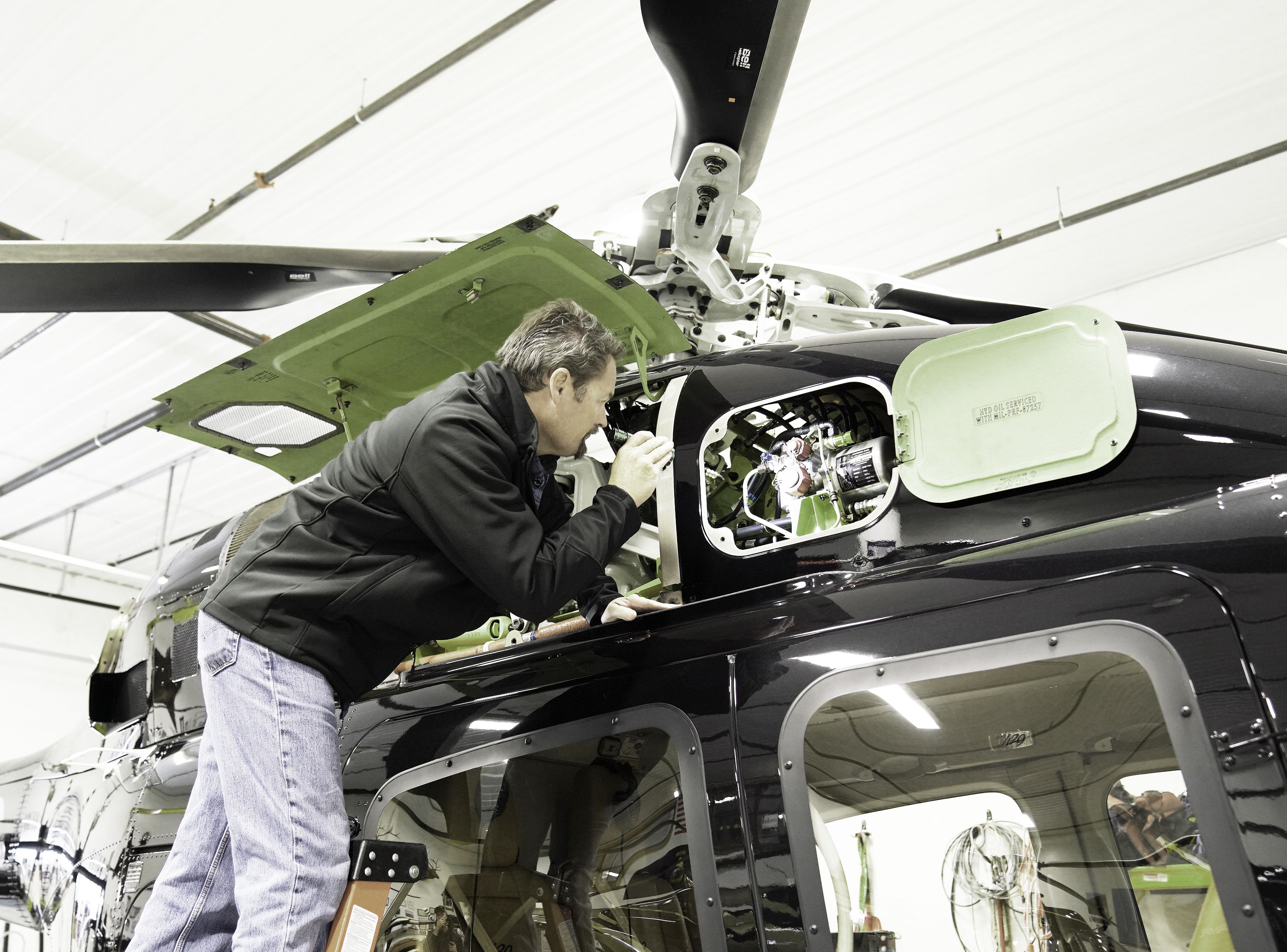|
Apr
25
2022
|
|
Posted 3 years 300 days ago ago by Admin
|
|

“The leader is truly responsible for everything.” - Jocko Willink, Retired Navy Seal
Growing up in the Deep South often meant when you turned 16 years old you went to work in the cotton mill, which was true for me. My mom, dad and sister all worked for the local cotton mill in one capacity or another. That wasn’t a bad thing. The mill provided dependable jobs for our community and had other benefits as well…company paid retirement and a company provided vacation destination with housing if desired.
The one thing I remember as a great employee incentive was the Zero-Defect award. The ZD award was given to deserving employees who achieved an established criteria and maintained excellence.
It wasn’t long after becoming a certified airframe and powerplant mechanic that a friend and mentor told me that as mechanics we are not afforded the luxury of a mistake. This was a hard pill to swallow at the time but in time I began to grasp the meaning of what he said. The absolute truth is that we are human and human beings make mistakes. In fact, Alexander Pope said, “To err is human.” It’s our responsibility as mechanics to mitigate those mistakes and consistently produce safe flying machines. So, let’s look at ways to reduce the possibility of a mistake and maintain zero defects.
The “Dirty Dozen” refers to 12 of the most common preconditions to human error. Today, we will look at three of these human factors as mistake accelerators: fatigue, pressure, and stress. Strike three and you’re out! Stress plus pressure will equal fatigue and when fatigue happens the possibility of a mistake is greatly enhanced. I refer to stress and pressure as first cousins. They come from the same family. Pressure can come from the expectation to perform or to perform in an unrealistic manner. Implied pressure can be as simple as someone looking over our shoulder or asking a question. Pressure is usually the result of thoughts, such as when is this aircraft scheduled for completion and who is picking up my kids from school? Stress plus pressure will always result in fatigue and all three will drain you physically, mentally, and emotionally. We must always be disciplined and maintain focus when working on aircraft and channel out unwanted thoughts.
The goal of every aircraft mechanic is to produce safe and airworthy aircraft, but what happens when a mistake is discovered? First and foremost, the responsible party must take ownership of the mistake. This is utilizing the essential tool of integrity—doing the right thing no matter the cost. Next, communicate the discrepancy with your supervisor and team. Retrain if necessary but do not make excuses. Retired Navy Seal Jocko Willink says, “The leader is truly responsible for everything.”
Step up and be the leader of yourself first. Be disciplined and focused. Others are depending on you. Make each and every day count and make sure every nut is tight and keyed. Everyone goes home when you, the aircraft mechanic, operates with excellence and maintains Zero Defects.
That is a worthy award.
About the author: Mark dedicated the majority of his career serving the helicopter EMS community from Base Mechanic to Director of Maintenance. As Vice President & General Manager of Precision Aircraft Services, Mark now serves helicopter operators from many sectors to include Air Ambulance, Law Enforcement, Private Owners, etc. When not at work, Mark can be found spending time with his family or sitting in a tree stand.
READ MORE ROTORCRAFT PRO
WATCH ROTORCRAFT PRO YOUTUBE CHANNEL
You can also find us on
Instagram - https://www.instagram.com/rotorcraftpro/
Facebook - https://www.facebook.com/rotorcraftpro/
Twitter - https://twitter.com/justhelicopters